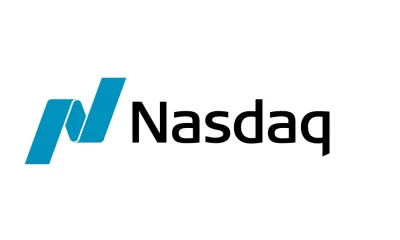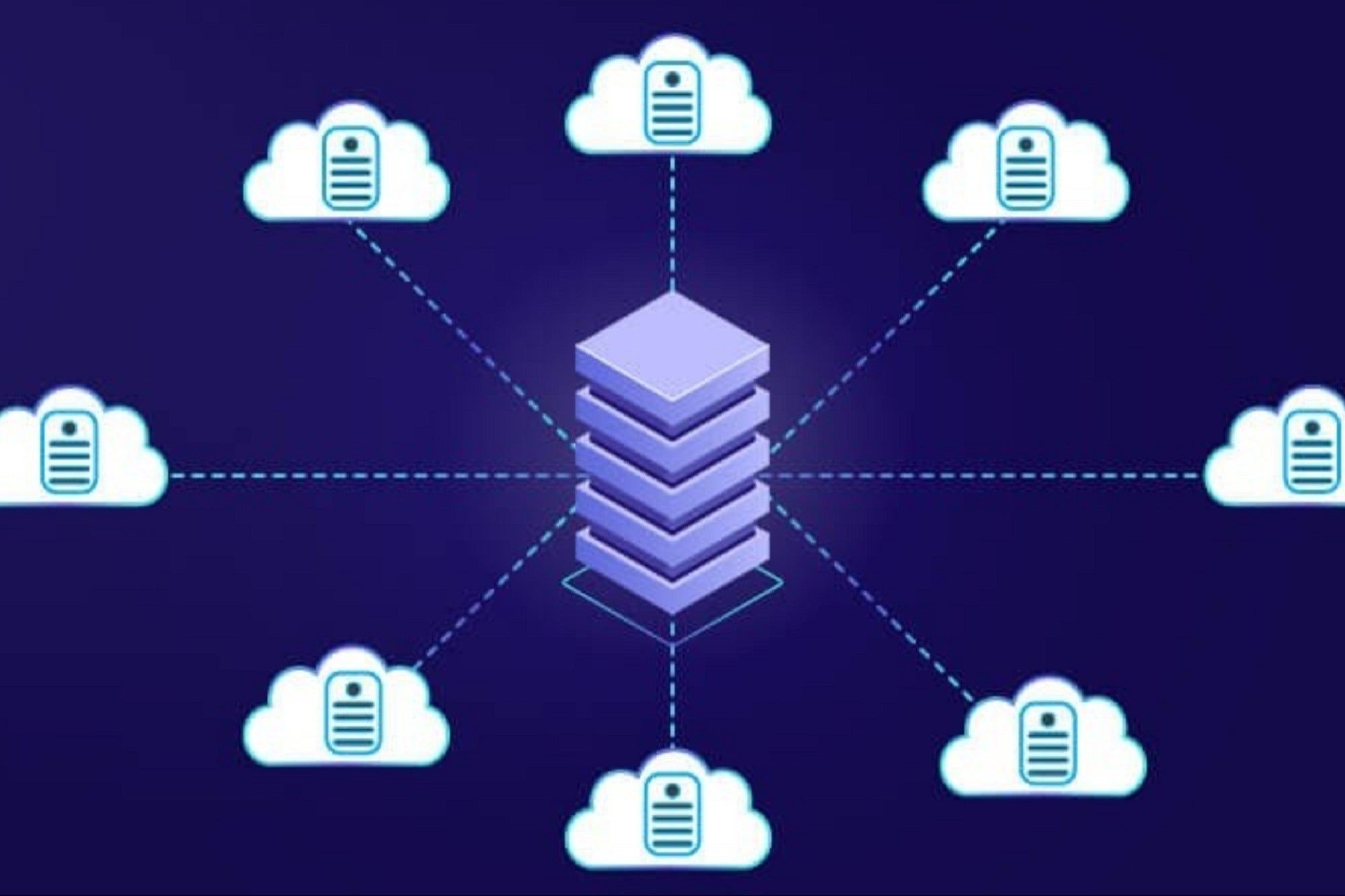Markets
UAE makes first digital dirham transfer via mBridge CBDC platform
The central bank of the United Arab Emirates conducted its first cross-border digital dirham transfer using the mBridge central bank digital currency platform on Jan. 29.
-

 Business1 week ago
Business1 week agoNasdaq-listed fintech Netcapital acquires crypto native protocol Mixie
-

 Business1 week ago
Business1 week agoKenya’s crypto tax could hinder Africa’s digital growth opportunity
-

 Business1 week ago
Business1 week agoMetaplanet shares jump after $5.4B plan to buy Bitcoin
-

 Business5 days ago
Business5 days agoSEC axes Biden-era proposed crypto rules in flurry of repeals
-

 Business1 week ago
Business1 week agoHong Kong to use Chainlink protocol in CBDC pilot project
-

 Business1 week ago
Business1 week agoSEC Chair bashes Gensler’s approach to crypto, defends self-custody
-

 Business1 week ago
Business1 week agoBlackRock’s Bitcoin fund blows past $70B in record pace for ETFs
-

 Business1 week ago
Business1 week agoTether USDT stablecoin seen on Bolivian store price tags



























